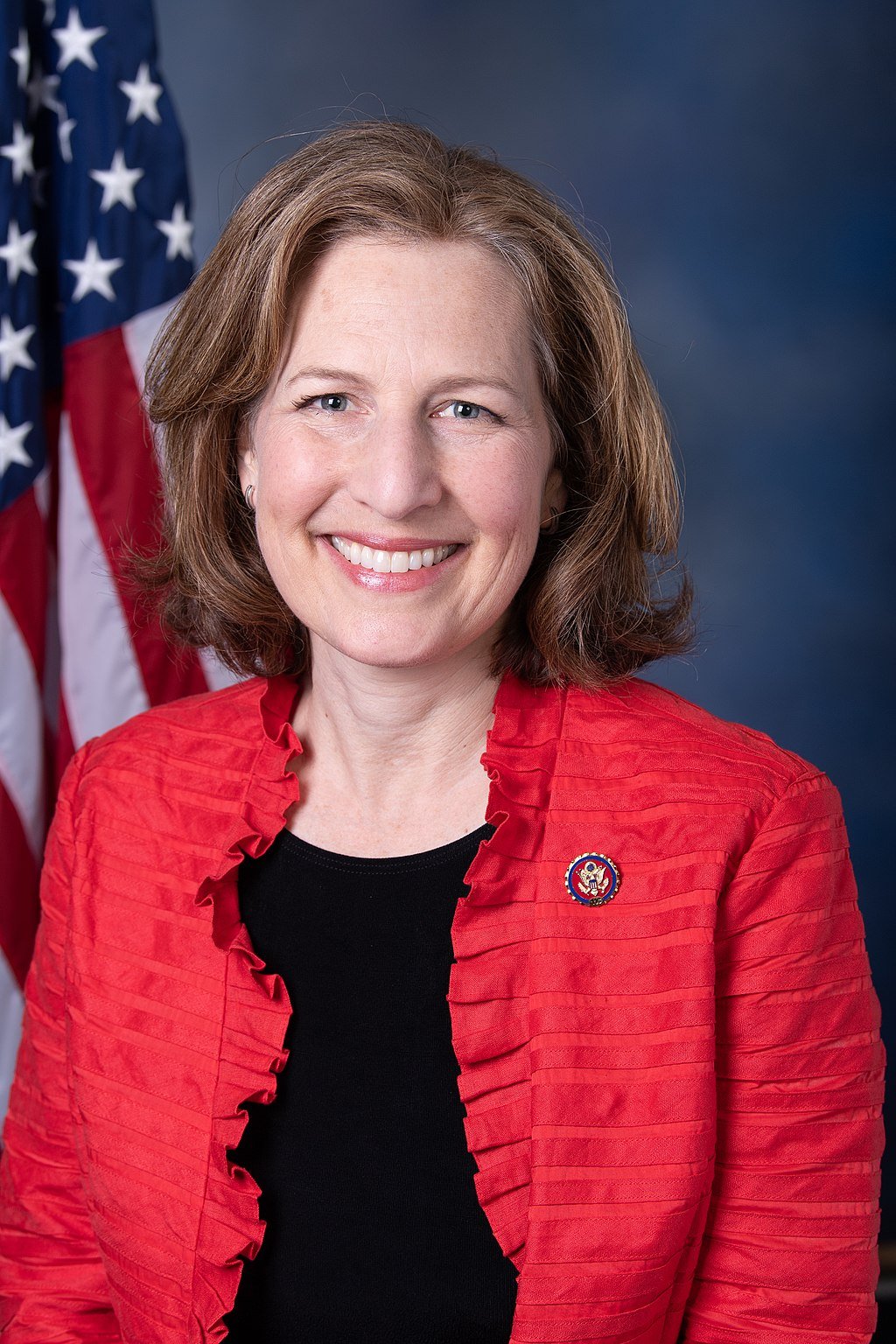Climate Candidate Briefing:
Kim Schrier (WA-8)
Race Status & Polling
Kim Schrier’s race is rated a toss-up. As a sitting member of Congress, she is an incumbent candidate, meaning she’s playing defense against a challenger.
This section will be updated with district-specific poll results as they are published:
U.S. Senate (Feb. 17, 2022): Murray (incumbent, D) 50% / Smiley (challenger, R) 41%
Washington’s 8th Congressional District
Washington’s 8th congressional district is located just east of Seattle and Tacoma and stretches into the center of the state.
WA-8 is rated “even” on the partisan voter index, maintaining the same rating even after its shape was adjusted during redistricting. Kim Schrier won reelection in 2020 by 3.5 percentage points.
Climate impacts:
While WA-8 doesn’t border the Puget Sound, the district’s western border is less than 20 miles from the coastline. By 2100, the Puget Sound is expected to rise by 15” above 2016 levels.
Average temperatures are expected to increase by 5.5 degrees Fahrenheit by the 2050s.
WA-8 includes wildfire-prone forested areas and can expect a fourfold increase in wildfire risk by the 2040s.
The region can expect to see wetter winters, leading to river flooding in the district and increased landslide risk. At the same time, agriculture in the WA-8 region will suffer from decreased snowpack in the Cascade mountains.
Climate attitudes:
According to the Yale Program on Climate Change Communication, 63% of voters in WA-8 are concerned about climate change (below the national average), while 73% believe it will harm future generations (above the national average). Residents of this district are viewing the climate crisis as a problem of the future rather than an urgent problem of today.
Sixty percent believe Congress should do more about climate change, below the national average, and 56% believe climate change should be a “high priority” for the next president and Congress, slightly higher than the national average.
Climate issues are discussed by less than half the electorate. Only 40% indicated they talk about climate change even “occasionally,” but this is above the national average of 35%.
Kim’s Climate Position & Record
According to the League of Conservation Voters scorecard, Rep. Schrier takes favorable votes on climate 98% of the time, averaged across her terms in Congress. As a pediatrician, Dr. Schrier understands the importance of clean air and water for children’s health. She is currently a co-chair of the Sustainable Energy & Environment Coalition’s Climate and Agriculture Task Force.
Below are statements on the climate crisis articulated on her campaign website:
Climate change is real and we need to take immediate action. Dramatic, destructive weather systems and forest fires have grabbed the attention of our nation and the world, while the impacts of climate change run exponentially wider than that. […]
Here in the 8th, we will see more wildfires, earlier growing seasons, reduced snowpack, warmer temperatures in our tributaries, a spike in waterborne infectious diseases affecting fish, and species extinction. We have the unique opportunity to champion policies that will create new, sustainable, clean energy jobs and grow our economy.
As a person of science, I will apply evidence-based principles and methods to my evaluation of environmental policy and regulation and insist that our government agencies do the same. As a pediatrician who understands the negative impacts of polluted water and air on the health of our children, I will fight any effort to reduce or eliminate clean air and clean water protections.
I will protect access to our public lands.
I will champion responsible and effective action to reduce carbon emissions and mitigate climate change impacts.
I will refocus subsidies away from oil and gas companies and toward clean energy to promote the transition to a 100% clean energy economy within our lifetime.
I will advocate for innovative approaches of local organizations like the Alliance for Jobs and Clean Energy and Carbon Washington to make the transition to 100% clean energy.
I will focus resources on people most dramatically affected by climate change, including lower-income communities, farming communities, and communities of color.
Key Dates and Resources
October 21: First day of early mail and in-person voting
October 31: Voter registration deadline for mail and online
November 8: General election (mailed ballots must be received by this date); same-day voter registration must be done in person.
Resources
2022 House race ratings (Cook Political Report)
2022 House Crystal Ball (Larry Sabato, UVA Center for Politics)
2022 House elections (FiveThirtyEight)
Member of Congress scorecard (League of Conservation Voters)
Follow @DrKimSchrier on Twitter to stay up to date!

